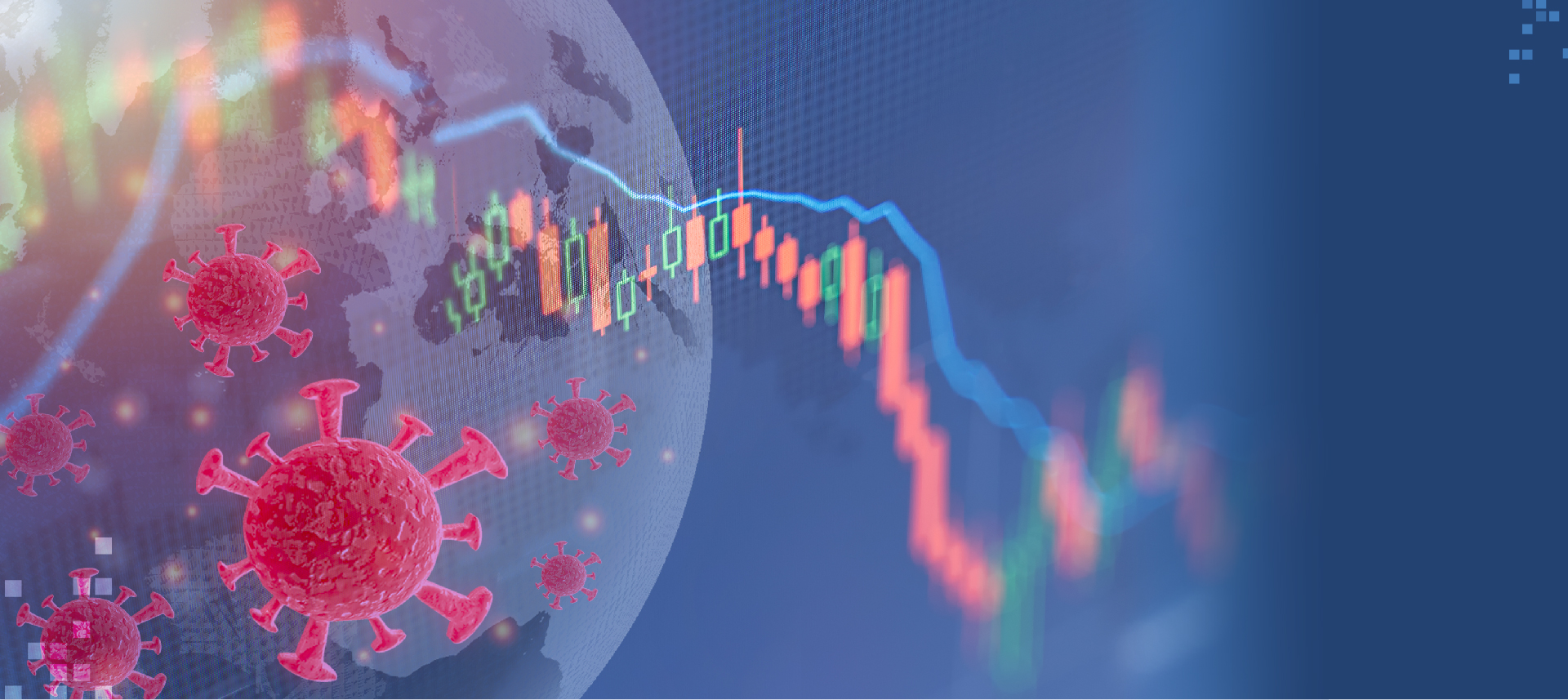
Covid-19 and its implications on social life, overall health and economy
Since covid-19 started in December 2019 in Wuhan China, it has spread all over the world to cover all nations within few months, for what has been rumors has become a reality. We suddenly found ourselves forced to wear masks, make safe distance between each others which has later got called social distancing? And last but not least we were forced to stay home to save each other’s lives and traveling was banned.
Covid-19 (SARS-CoVi) is a virus belongs to Coronaviruses which are a diverse group of viruses infecting many different animals, and they can cause mild to severe respiratory infections in humans.
This virus affects mainly the respiratory systems of infected people. Though most people have mild symptoms such as flu like symptoms like fever, cough or mild shortness of breath. The danger of this pandemic was the quick spread of the disease. Saying that the risk is now inevitable for the elderly and those with co-morbidities that could get the worst of Covid-19 such as acute respiratory distress syndrome which in most cases necessitates mechanical ventilation and ICU admissions for days if not weeks.
The health effect was not only physical but in most cases was psychological as many of us were starring at the TV or smart phone screens, following the numbers. TV channels were created to update the numbers of new infected patients or even new deaths. All of that in addition to what was mentioned earlier made a huge impact on our quality of life, leading to severe anxiety, depression and panicking.
Then a question was raised!
Would the healthcare system for each nation be able to cope with the numbers of infected people?!
The answer in most cases and even for the strongest and the most prepared healthcare systems was NO
The number of patients was too high, and so hard decisions were made to save people.
Since Covid-19 started which later will be memorized as Covid-19’s era, life has changed. The mask is now a routine in your daily life, the hand hygiene bottles are lying somewhere in your bag, purse or even your car. If you want to travel, you need to know what conditions and regulations you need to follow for the sake of COVID-19 and so on.
Many people have suffered themselves directly by getting infected, getting sick and isolated whether in hospital wards or at home in their rooms. Many have had long term symptoms like shortness of breath and post viral fatigue named later post Covid syndrome. Others have suffered from losing loved ones, or losing their jobs.
Covid and education implications:
Most governments decided to temporarily close educational institutions in an attempt to reduce the spread of COVID-19. As of 12 January 2021, approximately 825 million learners are currently affected due to school closures in response to the pandemic. According to UNICEF monitoring, 23 countries are currently implementing nationwide closures and 40 are implementing local closures, impacting about 47 percent of the world's student population. 112 countries' schools are currently open.
In general, having fewer education options has globally impacted people with fewer financial resources, while people with more money have found education. New online programs have shifted the labor of education from schools to families and individuals, and consequently, people everywhere who relied on schools rather than computers and home life have had more difficulty accessing their education. Early childhood education and care (ECEC) as well as school closures impact not only students, teachers, and families, but have far-reaching economic and societal consequences. School closures in response to the pandemic have shed light on various social and economic issues, including student debt, digital learning, food security, and homelessness, as well as access to childcare, health care,housing,internet,and disa
In response to school closures, UNESCO recommended the use of distance learning programmes and open educational applications and platforms that schools and teachers can use to reach learners remotely and limit the disruption of education.
Covid-19 and Economy:
Economics have changed and what was easily predicted in the past became unpredictable
Many people have lost their jobs or seen their incomes cut.
Unemployment rates have increased across major economies.
In the United States, the proportion of people out of work hit a yearly total of 8.9%, according to the International Monetary Fund (IMF), signalling an end to a decade of jobs expansion.
Millions of workers have also been put on government-supported job retention schemes as parts of the economy, such as tourism and hospitality, have come to a near standstill.
The numbers of new job opportunities is still very low in many countries.
Job vacancies in Australia have returned to the same level of 2019, but they are lagging in France, Spain, the UK and several other countries.
Some experts have warned it could be years before levels of employment return to those seen before the pandemic.
Is it over yet?
The story did not come to an end yet, but researchers, experts and physicians believe Covid-19 will be a routine in our lives like the flu or other viruses we encounter yearly. However, we always have to remember, patience is the key to all solutions. And as human beings we can cope with the changes, adapt and fight back for ourselves.
Stay safe, stay strong
references:
https://www.unicef.org/press-releases/schools-more-168-million-children-globally-have-been-completely-closed
https://covid19.who.int/